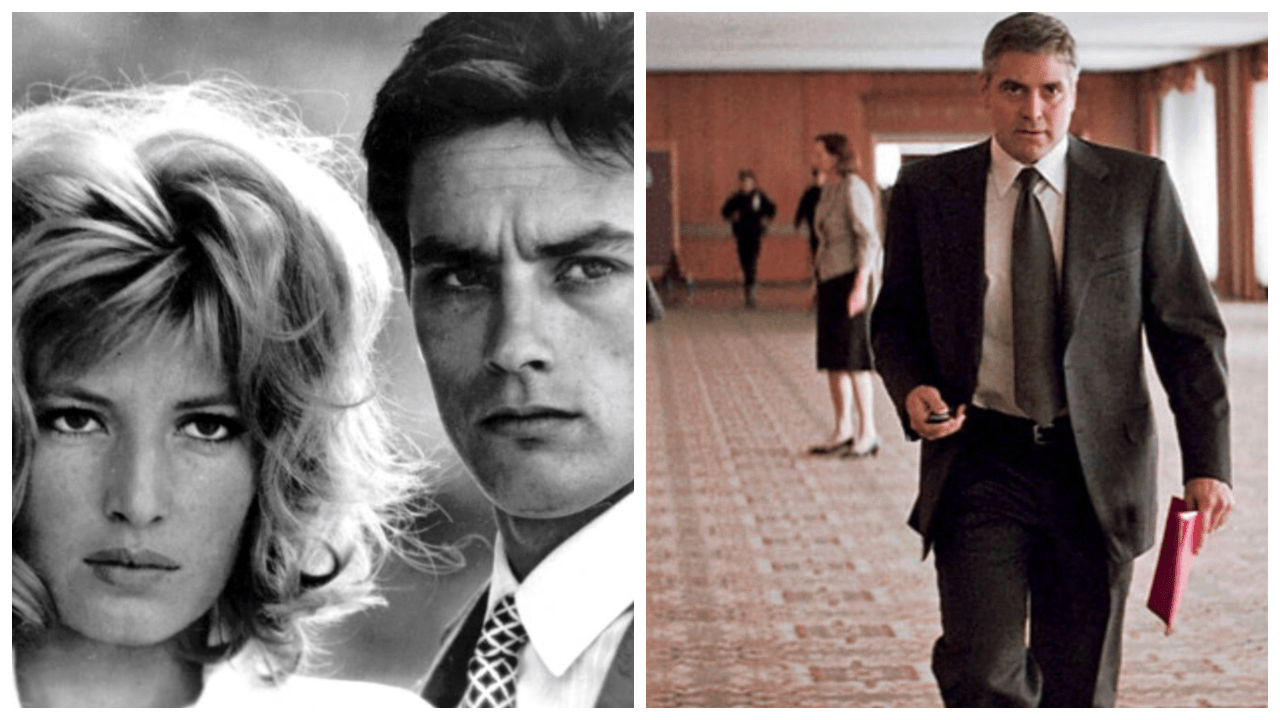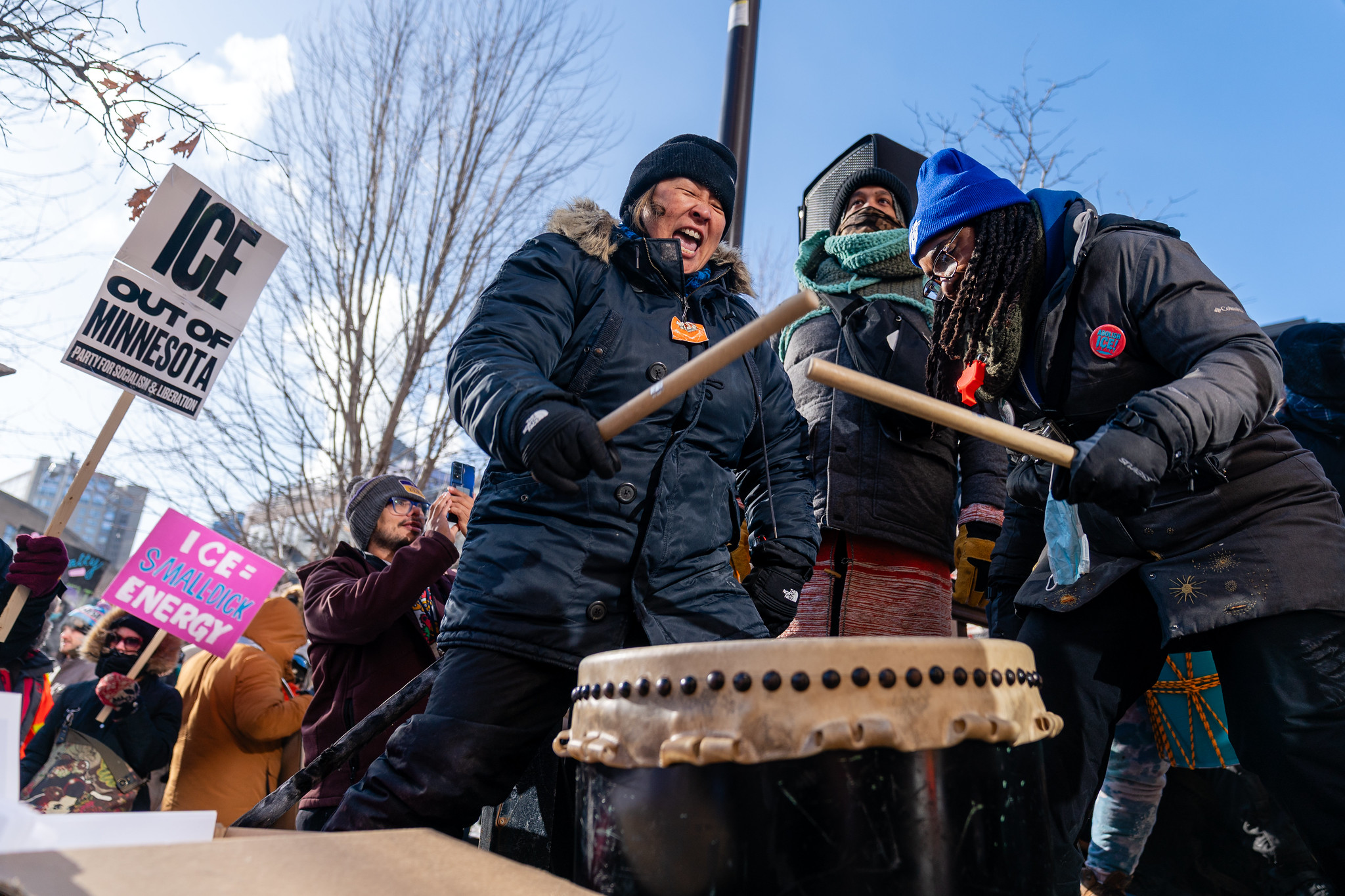Even if you don’t live in Minnesota, it’s been hard to avoid the constant speculation about whether Vice President Kamala Harris will choose Gov. Tim Walz as her running mate. Morning news shows, daily papers, drive-home radio shows, social media accounts, even beat reporters at Vikings training camp can’t stop Walz’s new national spotlight. Walz even received at least one celebrity endorsement.
If selected, Walz would become the third vice presidential candidate from Minnesota in U.S. history. The first was Sen. Hubert H. Humphrey (D-MN), who was elected as Lyndon B. Johnson’s running mate in 1964. (Curiously, many at the 1960 Democratic National Convention were pushing presidential candidate John F. Kennedy to pick Minnesota Gov. Orville Freeman as his running mate, instead of Johnson. If they’d had their way, we might have had a Minnesotan president after Nov. 22, 1963.)
The second VP nominee from Minnesota was in 1976, when Democratic presidential nominee Jimmy Carter chose Sen. Walter Mondale as his running mate. Though Minnesotan names had been floated as possible veep picks in the years since (most recently Sen. Amy Klobuchar in 2020), Walz is the first Minnesota to receive serious consideration in 48 years.
Mondale’s veepstakes competitors included a former presidential hopeful (Sen. Ed Muskie, D-ME), a pair of legislators launched to prominence by the Watergate hearings (Sen. Frank Church, D-ID and Rep. Peter Rodino, D-NJ), and even an astronaut (Sen. John Glenn, D-OH).
A lot has changed since 1976, when the only ways to get up-to-date news on the Democratic veepstakes was through the daily papers, the nightly network news, or the occasional radio update. (And this year is a particularly breakneck campaign season, thanks to Harris's last-minute replacement for Biden at the top of the ticket.) Searching through newspaper archives, we’ve tried to recreate what the speculation was like during the final week before Carter made his final decision.
July 8, 1976—Mondale meets with Carter
As with any other job, every vice presidential prospect has to go through an interview with their possible boss. This Associated Press article mentions Mondale and his wife Joan meeting with the future president and first lady at their home in Plains, Georgia. Mondale said simply he was “very pleased” to get the interview.
July 9, 1976—Carter says he, Mondale compatible
If the AP offered a brief news blurb, the front page of the Minneapolis Tribune led with a front page story about the Carter/Mondale meeting. Carter’s post-meeting interviews made note he was not looking for a vice presidential candidate that would act “subservient or too flexible.” The story quotes Carter as saying he was “aware of no ‘incompatibilities’ that would disqualify” Mondale.
July 12, 1976—Carter says Mondale’s health will be factor in decision
Mondale had disclosed not only his tax returns for the past five years when he met with Carter but also his health records, which included a blood-pressure condition. This was just a slight concern for Carter, but he met with Mondale’s doctor who assured him that the senator’s hypertension was no cause for major alarm. This Tribune story also notes that “Mondale appears to be getting a boost from organized labor, one faction in the party with whom Carter's ties are not strong.”
July 13, 1976—Mondale remains in the dark on vice-presidential chances
The weekend following his meeting with Carter, Mondale said he had no idea how good his chances were. “You don't know what life will be like two days from; now," he told the Tribune. "It might be the beginning of a whirlwind…. You have this eerie feeling that things might change abruptly." At the convention, Minnesota governor Wendell Anderson joked to the state’s delegation. "Sen. Mondale can't be here. He's sitting by the phone and doesn't want to leave. Please don't call him. He wants to keep the line open."
July 15, 1976—Mondale in seclusion as suspense mounts
On the morning Carter was to announce his VP pick, the Tribune said that Mondale “went into deep seclusion.” He canceled a scheduled Sunday TV appearance and did not attend a party thrown by “Minneapolis businessman-financier” Dwayne Andreas. “The speculation about the vice-presidential nomination so consumed everyone's attention yesterday that it almost seemed to overshadow the main business of the convention, the first-ballot nomination that it awarded Carter last night,” according to the story.
July 16, 1976—Carter chooses Mondale, promises presidency of “vigor and vision”
The day after the announcement, the Tribune dedicated the majority of its front page, along with much of page two, to mark the moment. D.C. correspondent Finlay Lewis noted that Mondale began as a "distant possibility as a vice-presidential candidate" because Carter believed the senator was mainly interested in 'peripheral' issues." But Carter said, "The more I got into his record, I found that was not true." According to another front page headline, “Mondale stresses Democrats are no longer divided.” And they never would be again.
An interesting side note: The first-ever debate between vice president candidates was in 1976, between Mondale and Gerald Ford’s running mate, Sen. Bob Dole (R-KS).
Should we get to see a debate between Tim Walz and the Republican VP candidate Sen. JD Vance (R-OH), it will likely be a little more engaging than that. And as the Boston Globe’s Sam Brodey pointed out on Twitter this last Friday, we might see a lively exchange about Mountain dew..






